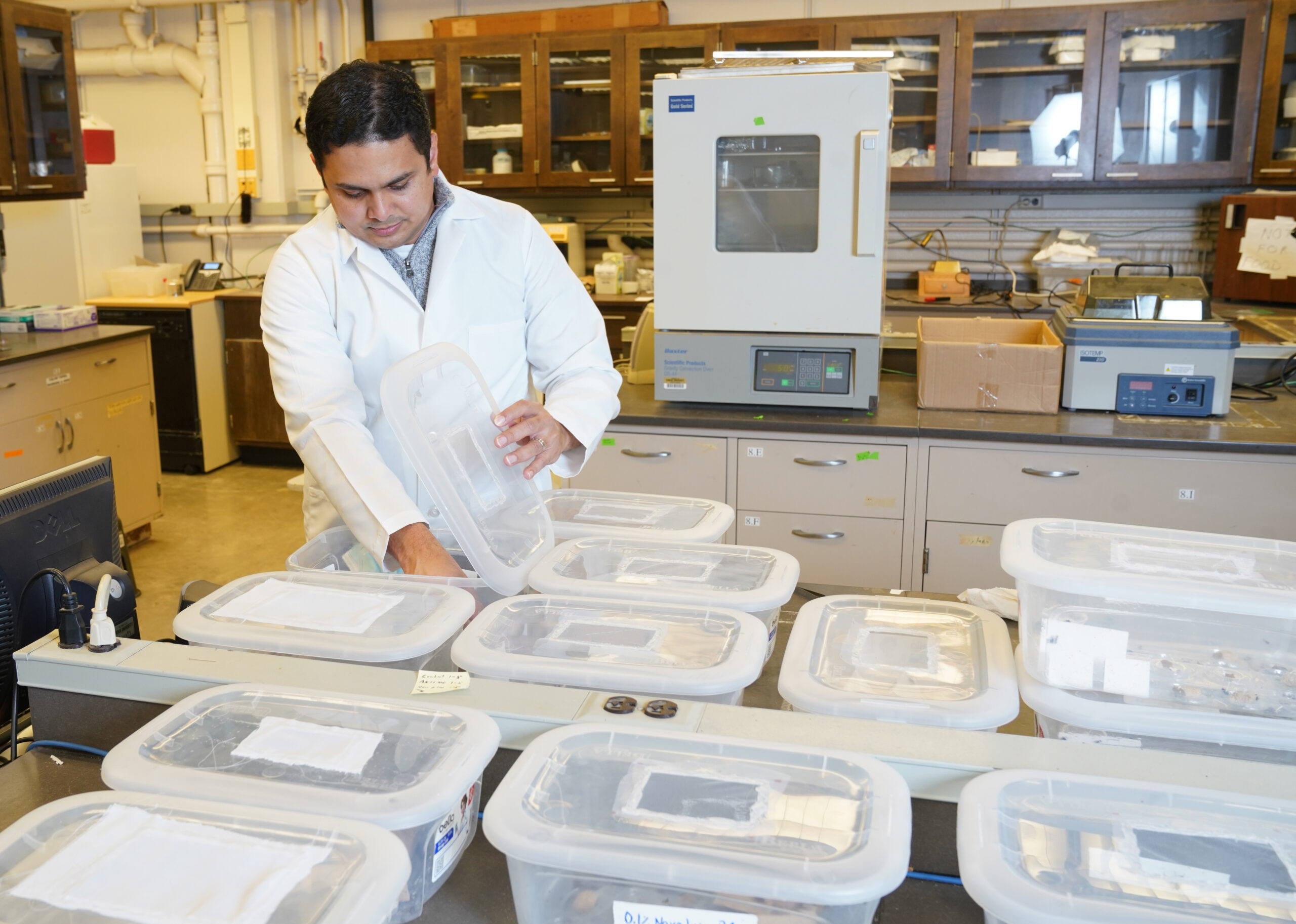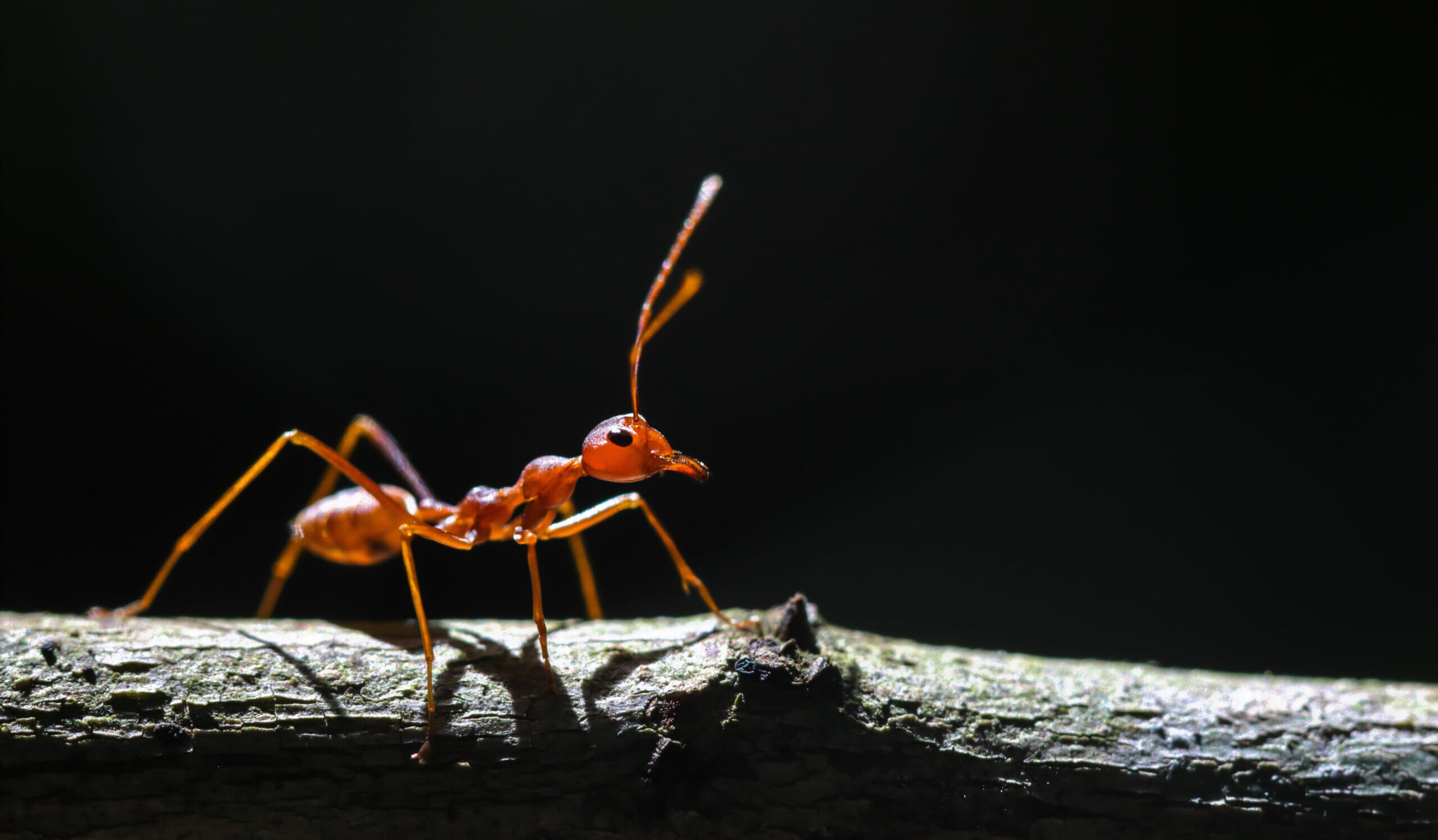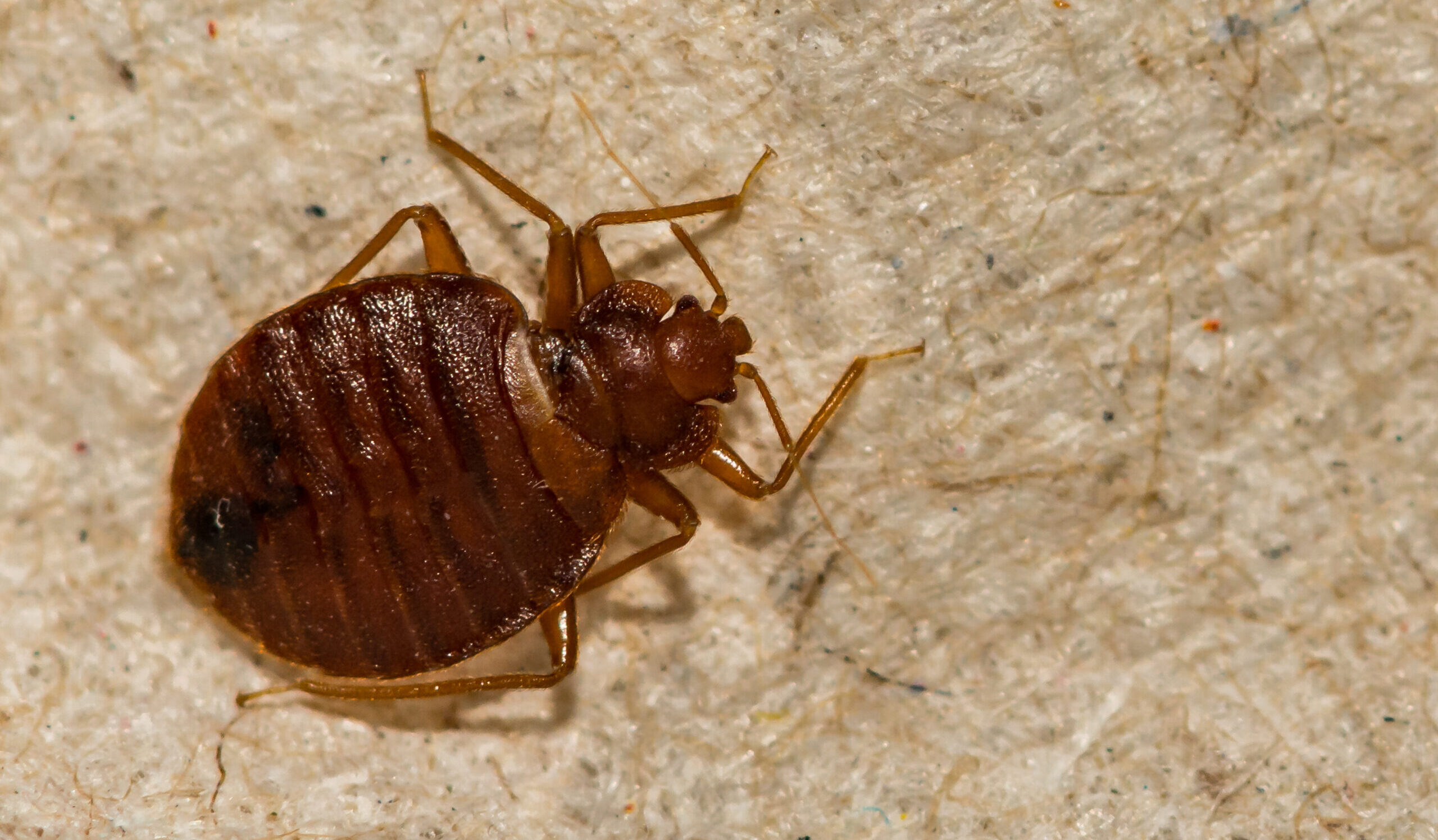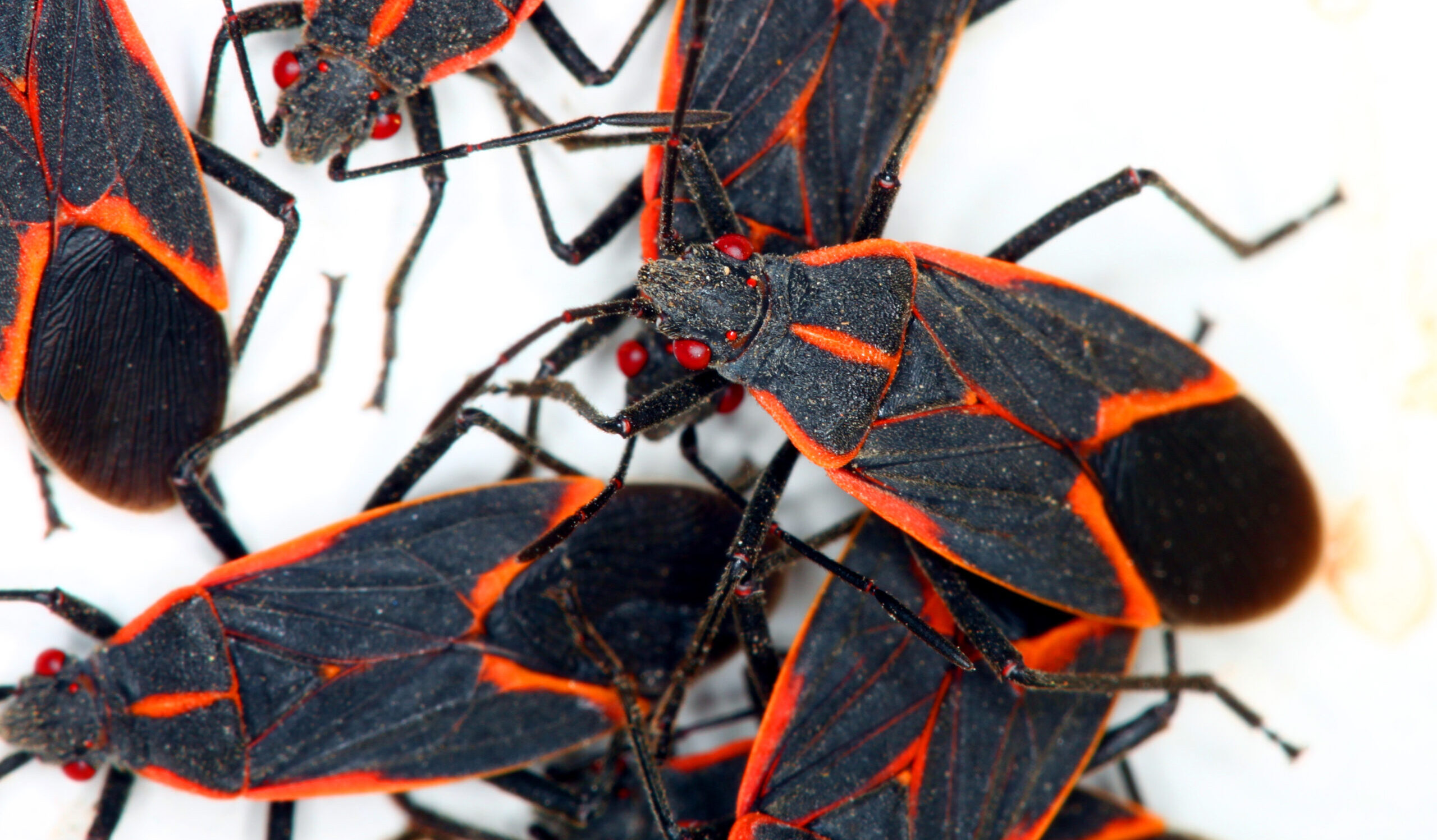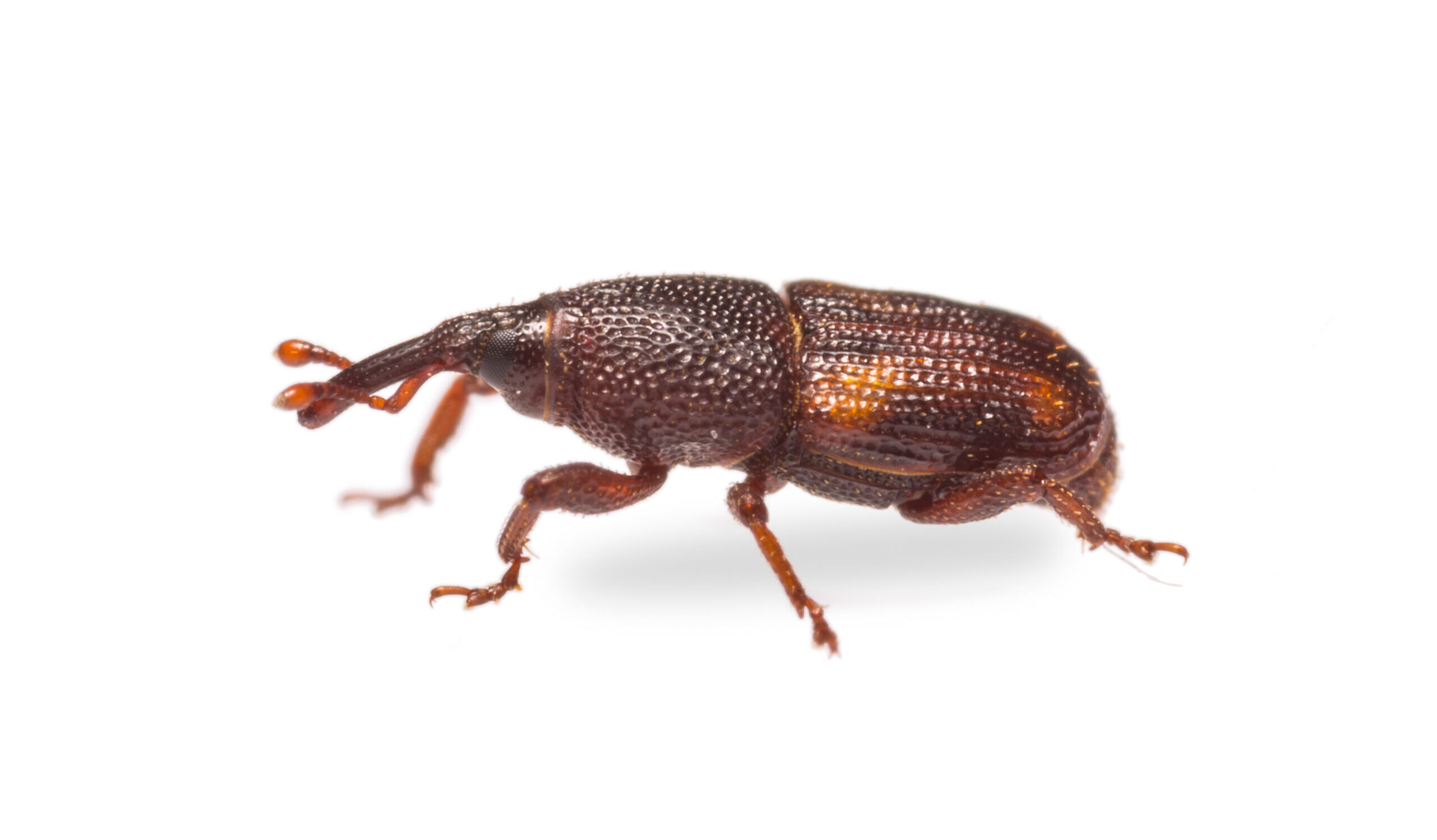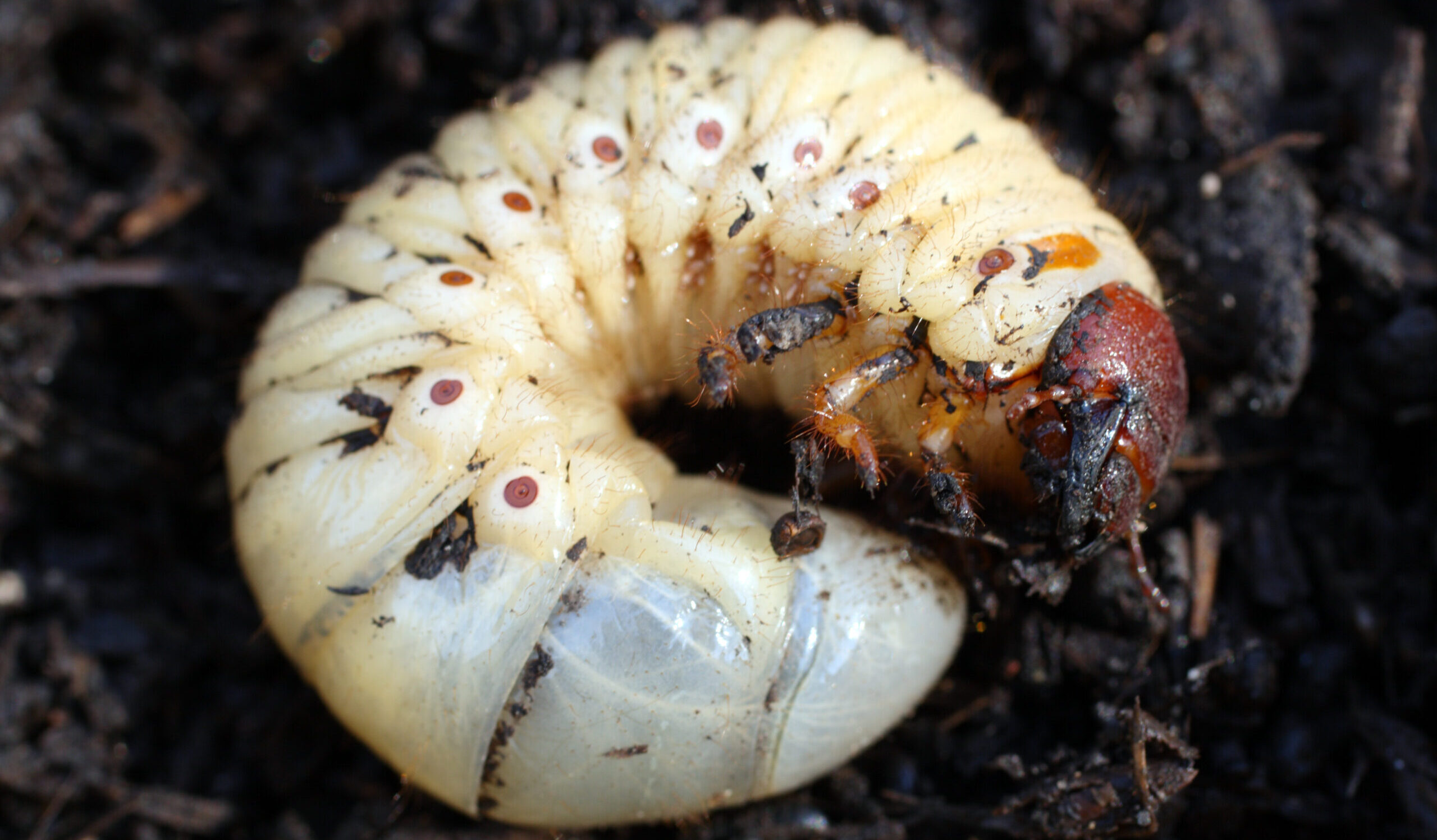Urban Research Programs
Research Facilities
The Pittendrigh Lab:
Dr. Barry Robert Pittendrigh is the Director of the Center for Urban and Industrial Pest Management and the John V. Osmun Endowed Chair Professor of Urban Entomology in the Department of Entomology at Purdue University. Dr. Pittendrigh previously held the C.W. Kearns, C.L. Metcalf and W.P. Flint Endowed Chair in Insect Toxicology at the University of Illinois at Urbana Champaign and a Foundation Professorship at Michigan State University. He has received over 35 million dollars in grant funding and has published over 200 peer-reviewed papers and book chapters. Dr. Pittendrigh is also the Director of the Feed the Future Legume Systems Research Innovation Lab, a 13.6 million research program on legume production and food systems. Dr. Pittendrigh also co-founded and co-directs Scientific Animations Without Borders (SAWBO), a scalable extension program (including work on stored product pests and I.P.M.) that has touched over 50 million people in 130+ countries in over 260 different languages and dialects (with high levels of use in the U.S.A. through YouTube). The SAWBO program has or continues to work with USAID, the W.H.O., F.A.O., the World Food Programme, numerous governmental and intergovernmental agencies globally, T.V. stations, hospitals, and many other individuals and academic institutions (e.g., John Hopkins University, Northwestern University, and Baylor College of Medicine). Dr. Pittendrigh previously directed the Body Louse Genome Sequencing Consortium, a 60+ member group from across the globe and has a long-running track record working on head and body lice. This work culminated in a 2010 PNAS publication on the draft genome of the body louse; Dr. Pittendrigh was the senior author on the paper, which included many prominent scientists globally, including Dr. J. Craig Venter. Dr. Pittendrigh’s research program spans from basic molecular biology to integrated pest management (I.P.M.) and finally to how to scale educational information (e.g., I.P.M. knowledge) to large numbers of people when and where the knowledge is needed. He has or continues to work in numerous insect systems, including stored product pest systems, bedbugs, termites, and crop pest complexes. Trained as a Drosophila (fruit fly) geneticist, toxicologist and entomologist, he uses this insect system to study strategies to slow the evolution of pesticide resistance or inhibit pesticide resistance altogether. His program is question and solution-focused; he uses various tools ranging from organismal level bioassays to genomics/proteomics/metabolomics, population genetics, and computational modeling using big data.
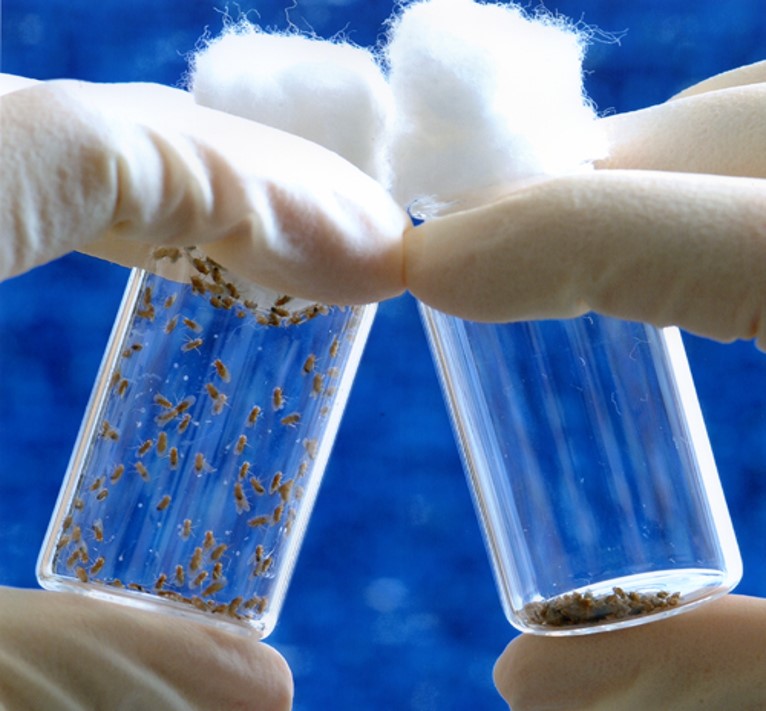
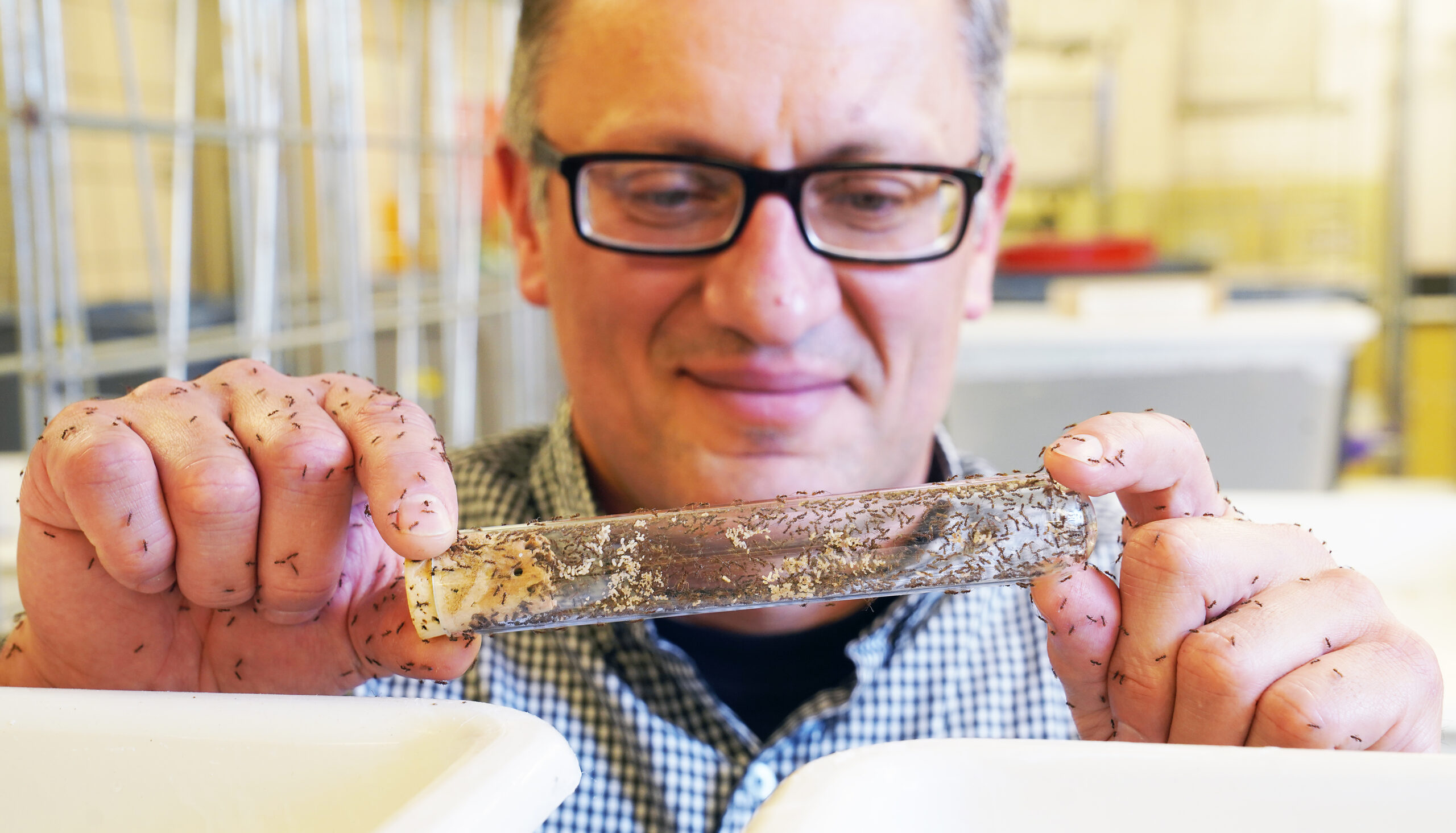
The Buczkowski Lab:
The main focus of the lab is conducting efficacy trials to support development and marketing of pest control products. The laboratory has conducted a wide range of laboratory and field efficacy trials including compound screening, insecticide residue studies, novel formulation evaluations, bait development trials, and comparative efficacy studies. The laboratory maintains 6 species of pest ants: pharaoh ants (Monomorium pharaonis), harvester ants (Pogonomyrmex occidentalis), Argentine ants (Linepithema humile), carpenter ants (Camponotus pennsylvanicus), odorous house ants (Tapinoma sessile), and red imported fire ants (Solenopsis invicta). Field testing is available on all of the above species in a wide range of settings including residential homes, apartment buildings, farms, and other areas where pest ants occur. Additional test species are available based on client needs and seasonal pest dynamics. The laboratory can be further customized to perform more complex tests depending on specific testing protocols and EPA requirements.
The Ant Laboratory in the Center for Urban and Industrial Pest Management is a 1,800 square foot facility for conducting basic and applied research on a wide range of urban pests. The laboratory consists of 4 separate rooms: (1) colony rearing room, (2) crawling insect and repellency testing room, (3) direct spray and residual testing room, and (4) urban arthropod testing room. All rooms are maintained at 80°F, 45% RH, and a 14h:10h light:dark photoperiod providing ideal space for colony development and product testing.
The Gondhalekar Lab:
Hypothesis-driven basic and applied research: Research in the Gondhalekar lab focuses on basic biology and integrated management of indoor urban insects (viz., cockroaches and bed bugs). Research on basic biology of indoor urban pests concentrates on understanding various aspects of nutritional, reproductive, developmental and stress-response physiology. Research on urban insect management focuses on insecticide resistance in urban insects and integrated pest management (IPM). He is interested in identifying the mechanisms of insecticide resistance in urban insects with an overall goal of finding new ways to overcome insecticide resistance. For urban IPM, I evaluate various chemical (insecticide) and non-chemical (ozone, heat and cold treatment) control strategies for integration into cockroach and bed bug IPM programs in the field.
Efficacy testing research: The Gondhalekar lab includes 1200 sq. ft. of space dedicated for conducting efficacy testing of chemical and non-chemical control measures with various species of cockroaches and bed bugs. Multiple susceptible and insecticide resistance German cockroaches and bed bugs are maintained in a separate 750 sq. ft. rearing space that includes 2 walk-in and 4 reach-in environmental chambers (Percival). Other than German cockroaches, this laboratory also has the capacity to conduct bioassay tests with several other cockroach species, including American, Smokybrown, Brown, Brown-banded, Oriental and Turkestan cockroaches. The Gondhalekar laboratory also specializes in field testing of various pest control and IPM techniques for the control of cockroaches and bed bugs in multi-family housing. Indoor mock-kitchens/ rooms and outdoor tile aging facilities are also available in the Department of Entomology at Purdue University for specific testing projects.
